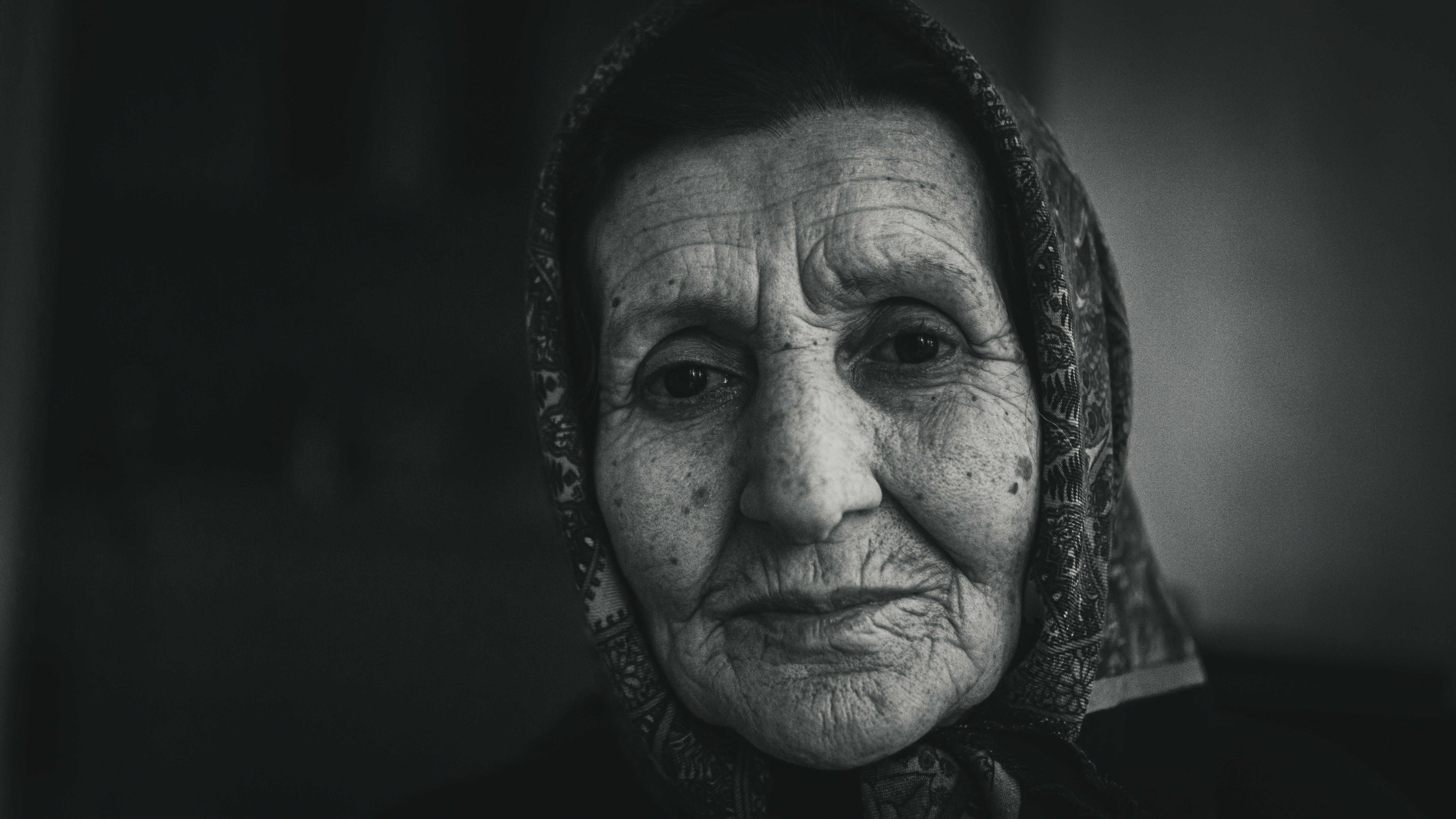Media release
From:
The Lancet Digital Health: AI tool can estimate biological age and improve predictions of survival outcomes for patients with cancer, suggests study
A deep learning algorithm called FaceAge can use a photo of a person’s face to predict their biological age (the rate at which an individual's cells and tissues age) and be used to improve predictions of survival outcomes for patients with cancer, suggests a study published in The Lancet Digital Health journal.
Humans age at different rates which means their physical appearance may provide insights into their biological age and health more reliably than their chronological age. The FaceAge artificial intelligence system was trained on over 50,000 photos of presumed healthy individuals from public datasets to estimate biological age from face photographs. The authors then tested the algorithm in a separate cohort of over 6,000 cancer patients using photographs routinely taken at the start of radiotherapy treatment.
The results found that patients with cancer, on average, had a higher FaceAge (biological age) than those without and appeared about five years older than their chronological age. Older FaceAge predictions were associated with worse overall survival outcomes across multiple cancer types. They also found that FaceAge outperformed clinicians in predicting short-term life expectancies of patients receiving palliative radiotherapy. This is important as estimating survival time at the end of life is difficult but has important treatment implications in cancer care.
Authors say the use of facial photographs in this way presents multiple ethical considerations, such as the potential for racial or ethnic bias, and stress that further research and development must be carried out before this technology can be effectively used beyond clinical trials.



 International
International



